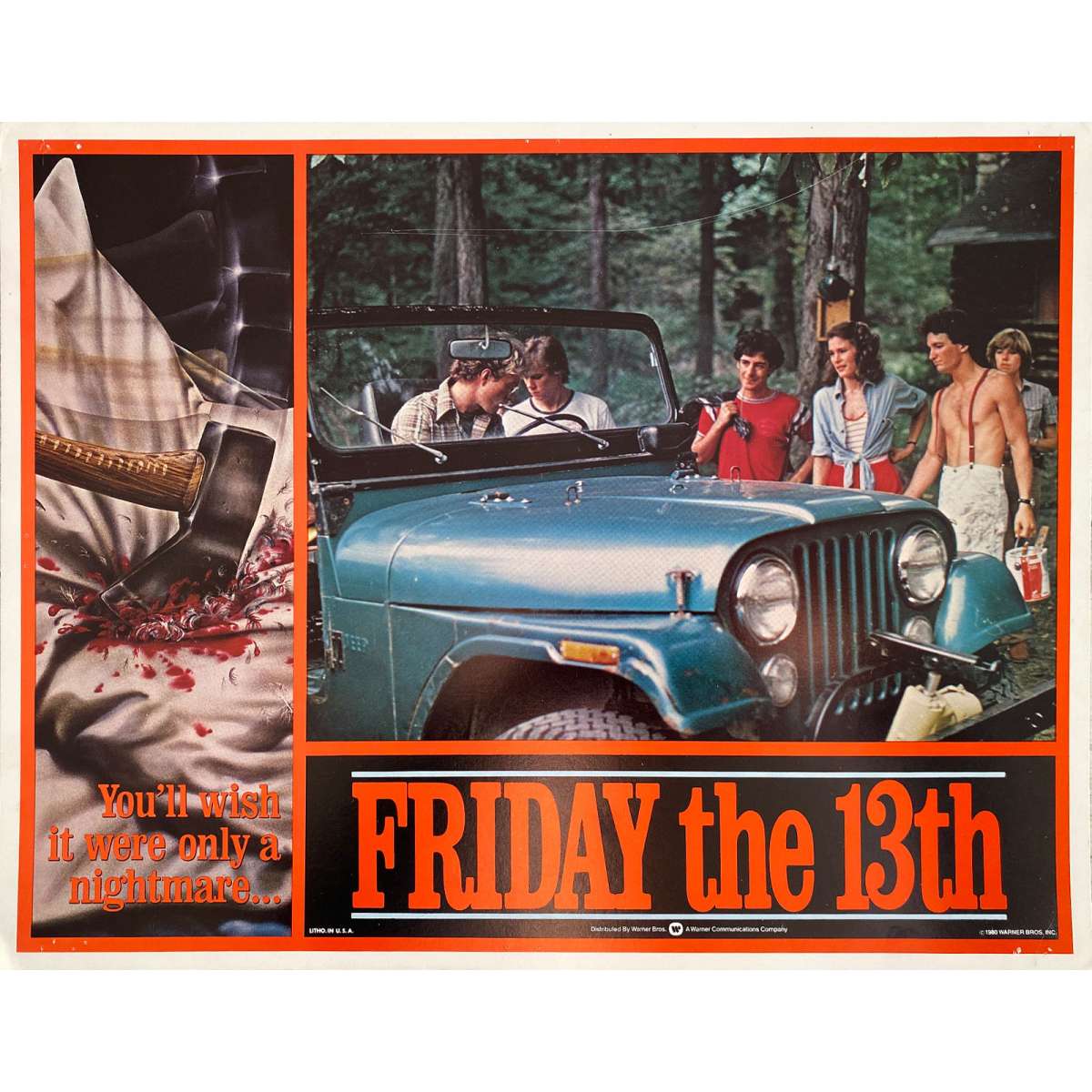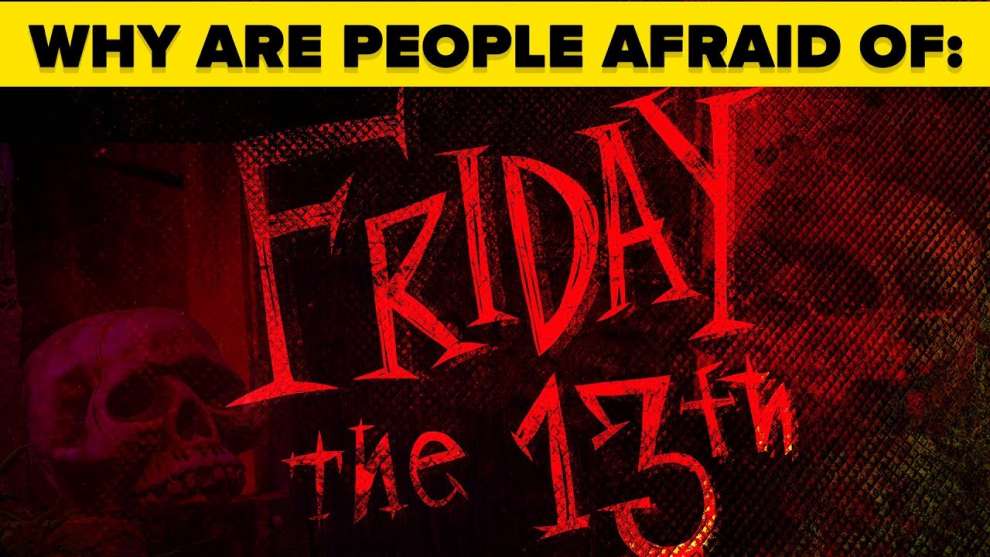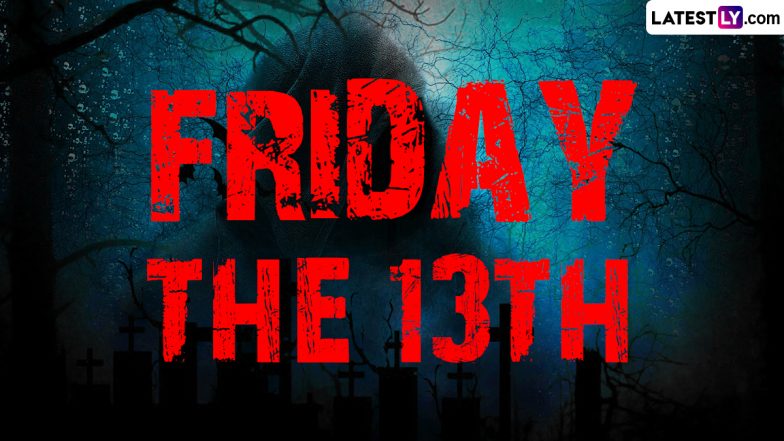Friday the 13th: Unpacking the Cultural and Astrological Fears (and Fascinations)
Hey there, fellow Friday the 13th enthusiasts (or, ahem, avoiders)! Ever wondered why this particular day holds such a unique place in our collective consciousness? It’s more than just a superstitious quirk; it’s a fascinating blend of cultural history, psychological triggers, and even astrological interpretations. Let’s dive into the spooky depths of Friday the 13th and explore what makes it so… memorable.

The Roots of the Fear: A Trip Through History
The apprehension surrounding Friday the 13th isn’t a modern invention. Its origins are surprisingly tangled, weaving together religious beliefs, historical events, and a touch of plain old bad luck.

Christian Mythology: The number 13 has long been associated with misfortune in Christian tradition. Judas, the betrayer of Jesus, was the 13th guest at the Last Supper. This association solidified the number’s negative connotation over centuries.
-
Friday’s Shadow: Friday itself carries a dark history. In many cultures, it’s been associated with death and misfortune. Some believe this stems from the crucifixion of Jesus on a Friday, further cementing its ominous reputation.

The Knights Templar: The demise of the Knights Templar in 1307, on a Friday, contributed to the day’s ill repute. Their sudden and brutal suppression fueled the belief that Friday the 13th was inherently unlucky.
These historical threads intertwine to create a potent cocktail of fear and superstition. It’s not just a random date; it’s a day steeped in centuries of negative associations, making it a fertile ground for anxieties.

The Psychology of Friday the 13th: Why We Freak Out
But it’s not just history; our own minds play a significant role in our reactions to Friday the 13th. This fear, known as paraskevidekatriaphobia (yes, it’s a real word!), isn’t just about superstition; it taps into deeper psychological mechanisms.
-
Confirmation Bias: We tend to remember and focus on events that confirm our existing beliefs. If you believe Friday the 13th is unlucky, you’re more likely to notice and remember any negative events that occur on that day, reinforcing your belief.

-
Cognitive Biases: Our brains are wired to look for patterns, even where none exist. The coincidence of a negative event happening on Friday the 13th can be interpreted as a causal link, even if it’s purely random.